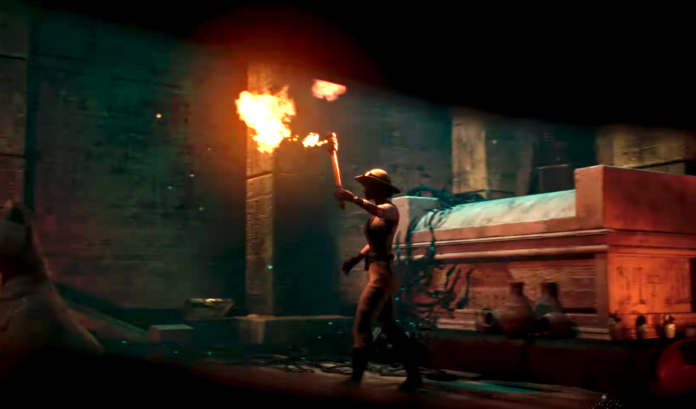Jason Nicot, a French solo game developer operating under the name Choose Red, recently announced his latest game Sanctua. In this co-op multiplayer game a group of players have to work together to escape a cursed tomb. But with one of the players corrupted, escape is easier said than done. Since childhood, Nicot always had a fascination with video games, but when it was time to pick a career, game designer wasn’t on the radar. He went into transportation management, but game development never really left his mind. “After 15 years of hard work, I realized I could put all that energy and project management experience into my first passion, making video games”, he says.
Nicot’s transition to full-time game development wasn’t without challenges. He emphasizes the importance of versatility and self-discipline in solo development, citing the freedom and time-saving benefits of working alone. However, he also acknowledges the significant pitfalls. “You must have the right mindset and discipline to launch yourself into two, three years or more of work, without income, without any guarantee of success”, he notes. “But when you truly believe in your project, even after thousands of hours, you only want to improve it, deliver it, and share it with people.”
Why did you become a solo developer?
“I remember being 6 years old, watching my dad type commands on MS-DOS to launch DOOM 2. I tried to mimic him, but for obvious reasons, I was a bit too young to play it! I always had a computer and loved PC games with strong atmospheres. I mostly learned by modding Grand Theft Auto 3 and making custom maps on Warcraft 3. Then it was time to get a job, and back in the day, ‘making video games’ wasn’t really taken seriously in my environment, so I went into transportation management. But I always played a lot and tweaked some games from time to time.”
“After 15 years of hard work and becoming the director of three companies, I realized I could put all that energy and project management experience into my first passion, making video games. I met many talented people in the industry who were disappointed with the job situation and the games themselves and it motivated me to propose something else. After a year of preparation, while making my first game after work hours, I launched Choose Red Studio with the ambition to create pure experiences, respecting players and everyone involved in the project. Now I’m working full-time on Sanctua, with some extra work as a management consultant to finance the project.”
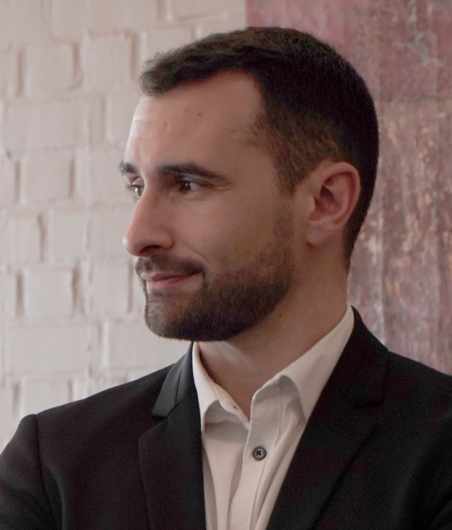
What are the biggest advantages of working solo?
“There are several advantages to working alone. Beyond the freedom, there is a clear time saving when you are versatile enough to manage several aspects alone. Sharing an artistic vision with a team while adhering to technical constraints, deadlines, budgets, and target audience can be very time-consuming and sometimes lead the project astray from its initial vision. I have a lot of respect for big studios that, even with talent and budgets, manage to produce rich, coherent works with real soul. It’s impressive.”
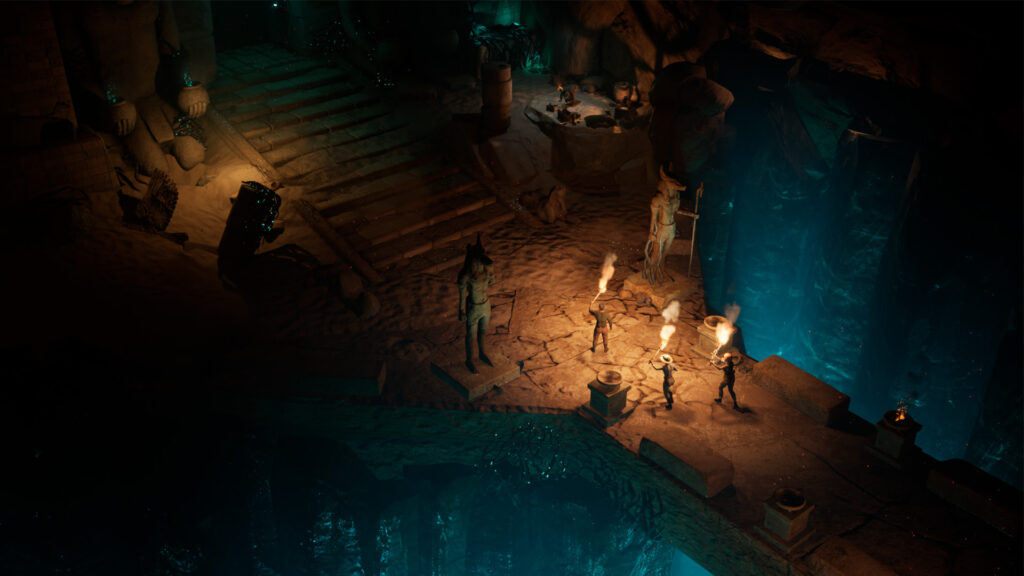
And the biggest pitfalls?
“The biggest pitfall is difficult to identify. There are dozens of them, and big ones! You must have the right mindset and discipline to launch yourself into two, three years or more of work, without income, without any guarantee of success. Sometimes working 10 or 12 hours a day, 6 days a week, on a project you wrote months ago. The Sanctua game design document was 95% complete before I started coding. It’s important to stick to the plan to avoid spending years making prototypes, that you will need to adapt in most cases after the first playtests. At the same time, being alone can be a trap when it comes to getting perspective or having an objective understanding of your work. You must remain open to outside opinions, get as much feedback as possible, and know how to adapt your work without distorting what makes it unique.”
What’s your creative process?
“I have many passions, and I try to practice them outside of the project as much as possible. Whether it’s through hiking, motorsports, music, my other professional activity, or social interactions, having a varied life naturally stimulates the brain and allows for quick perspective shifts, leading to new creative angles and ideas. Conversely, I can also spend 1.5 hours listening to the Doom Eternal OST with a pencil and white A3 sheets, and come out with a game design overhaul, new levels, or even just the final name for an object that was still called “BP_Trap2” for months.”
How do you stay motivated through (years of) development?
“We can call it motivation, but when we decide to embark on such an adventure, we definitely have it. In the long run, it’s mostly determination, discipline, and resilience. Not everything is fun when creating a game, especially after pre-production. Not everything is visual or exciting. There are regular periods of doubt, and when you’re alone, it’s up to you to manage that, to know when to rest or when to push through, even when in doubt. I often remember with a smile the words of rally driver Colin McRae: ‘In doubt, flat out.’ But when you truly believe in your project, even after thousands of hours, you only want to improve it, deliver it, and share it with people.”
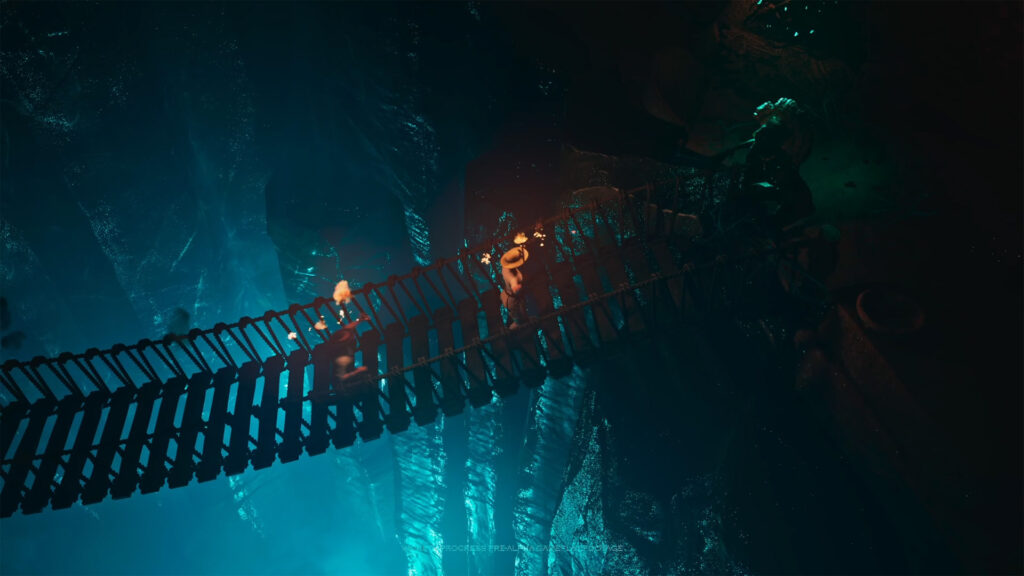
Will you ever work in a team or is it only solo for you?
“I already work with freelancers on specific tasks that require a technical level I can’t achieve within the allotted time or with my skills. Creating a full-time team depends mainly on the success and lifespan of the project. If it’s necessary to maintain a high level of quality, offer regular content, and respect the players who are loyal to the game, I would do it. But having experienced it in my previous career, funds and talent alone aren’t enough to make everything work. I would be very careful about this transition if it were to happen. But of course, Choose Red’s ambition is to one day bring together enthusiasts who share the same values to develop games with the same soul.”
How did you get the idea for Sanctua?
“Sanctua was born from an observation of players enjoying accessible cooperative games with their loved ones, regardless of their gaming experience. I wanted to bring together all types of players in a ‘party game’ with a more mature and immersive atmosphere. I believe you can have fun in a game without cartoony characters and that you can be scared without gore or explicit violence. Sanctua focuses on a variety of situations, in-game voice cooperation, and game customization to adapt to any challenge level.”
What’s the biggest lesson learned from this project?
“My biggest lesson? Think twice before offering hair and finger animation! Unexpected technical elements can be a real nightmare, especially when aiming for optimization on most systems. But since mittens and hats don’t really suit the Egyptian climate, I had to adapt to new technical solutions. More seriously, I would say it’s about talking about the project, opening up as much as possible, and exchanging ideas. We are lucky to have passionate communities on all subjects, and it’s easy to interact on concepts, techniques, or production. There are lots of passionate and exciting people out there, so let’s not stay in our bubble! But to be honest I will always love and need my deep moments with warm lights, and some good Hunt Showdown, Dead Cells, or Cyberpunk 2077 OST in my headset. And Doom, did I talk about Mick Gordon already? Yes? Sorry!”
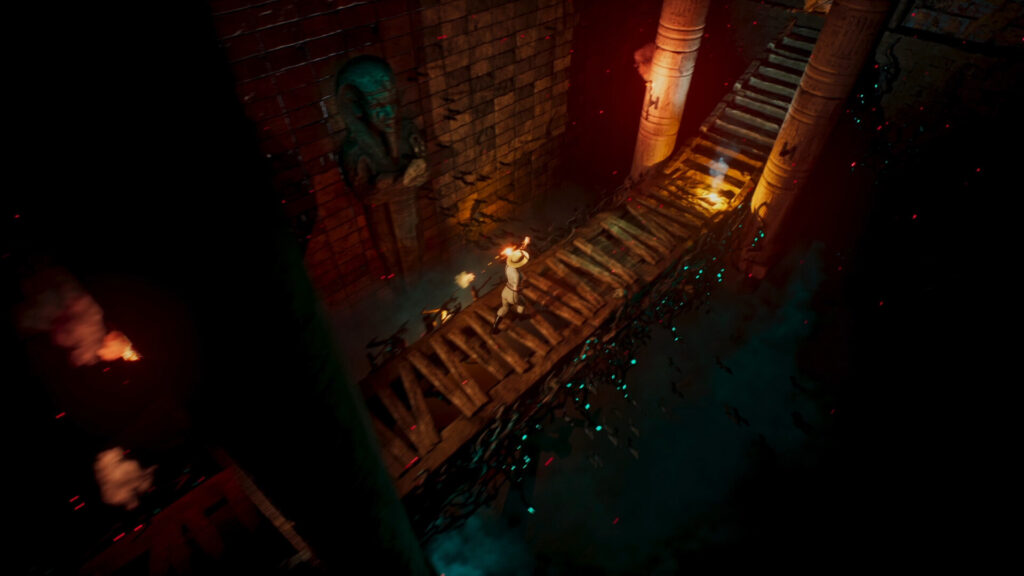
The toll on your mental health can be quite high for solo developers. How do you deal with that?
“Yes, definitely. I was prepared for this, partly due to my previous experience, but also due to maturity. I don’t think I could have managed this with serenity 10 years ago. I manage it like many, I think, by keeping one foot on the ground, enjoying my loved ones, not forgetting my passions, and staying in good physical shape as much as possible. As in all areas of life, single-minded relentlessness has its limits and ends up being counterproductive. But I’m not complaining; I work every day to make the game I truly believe in. You just have to remember that!”

